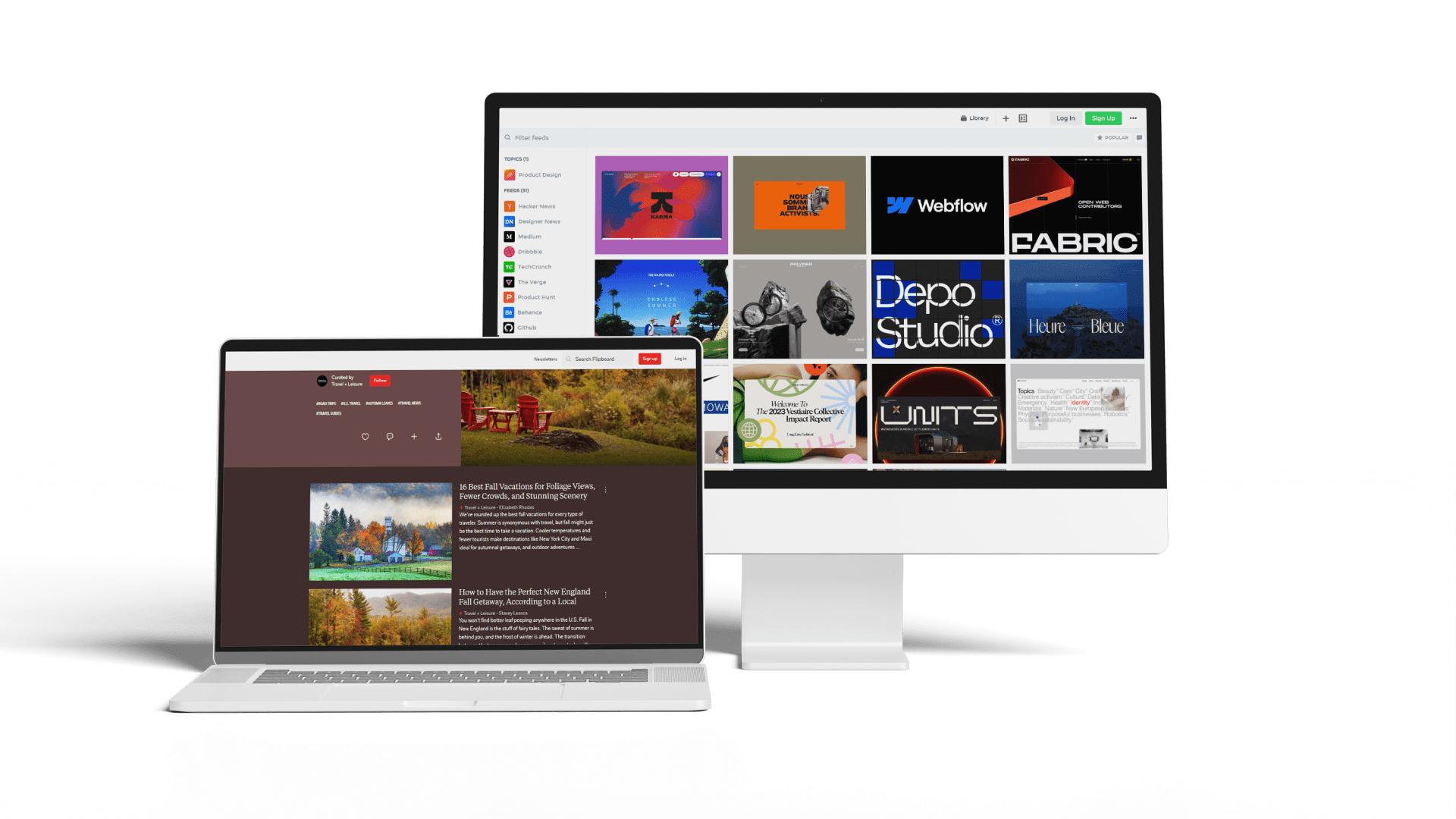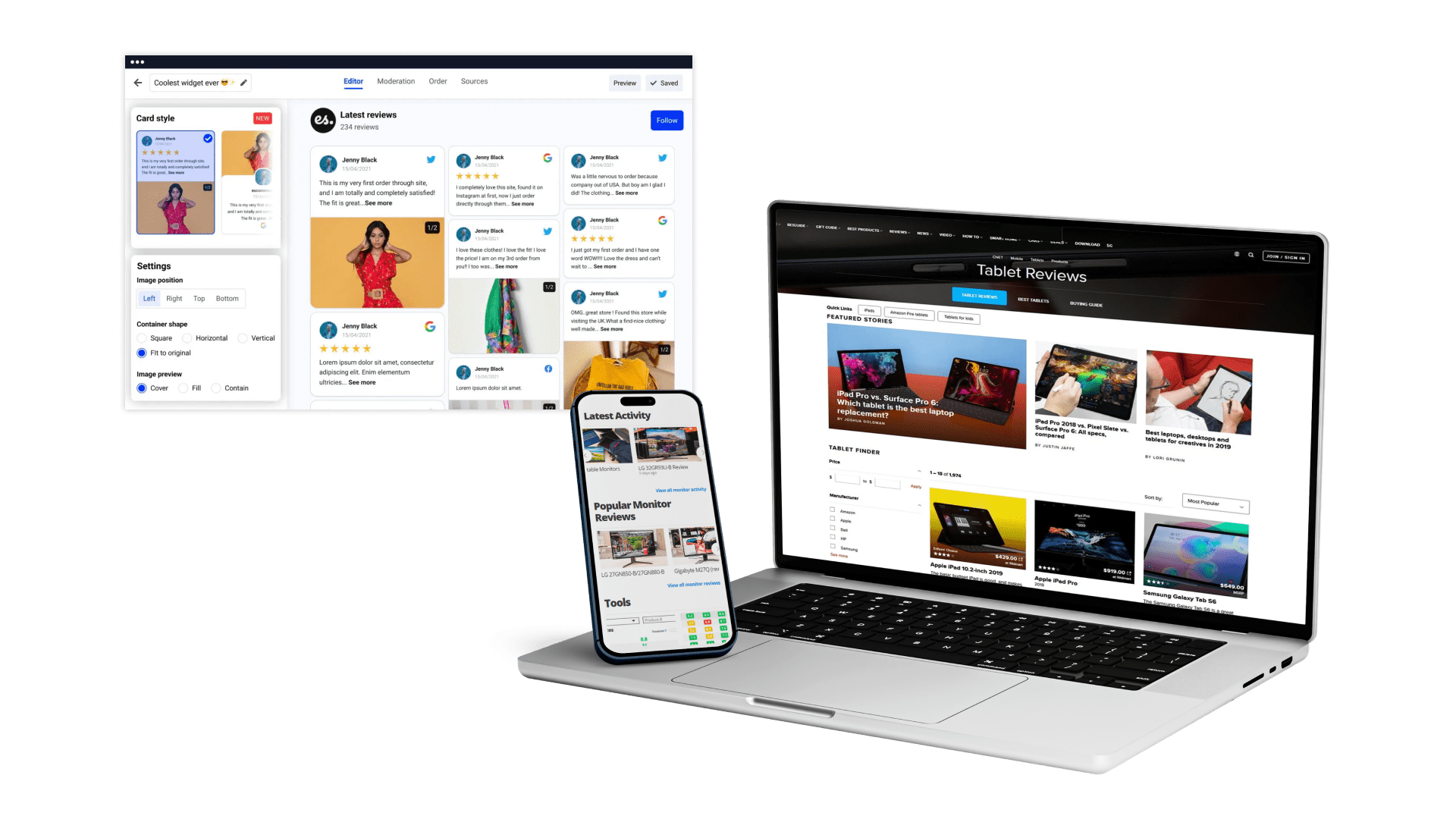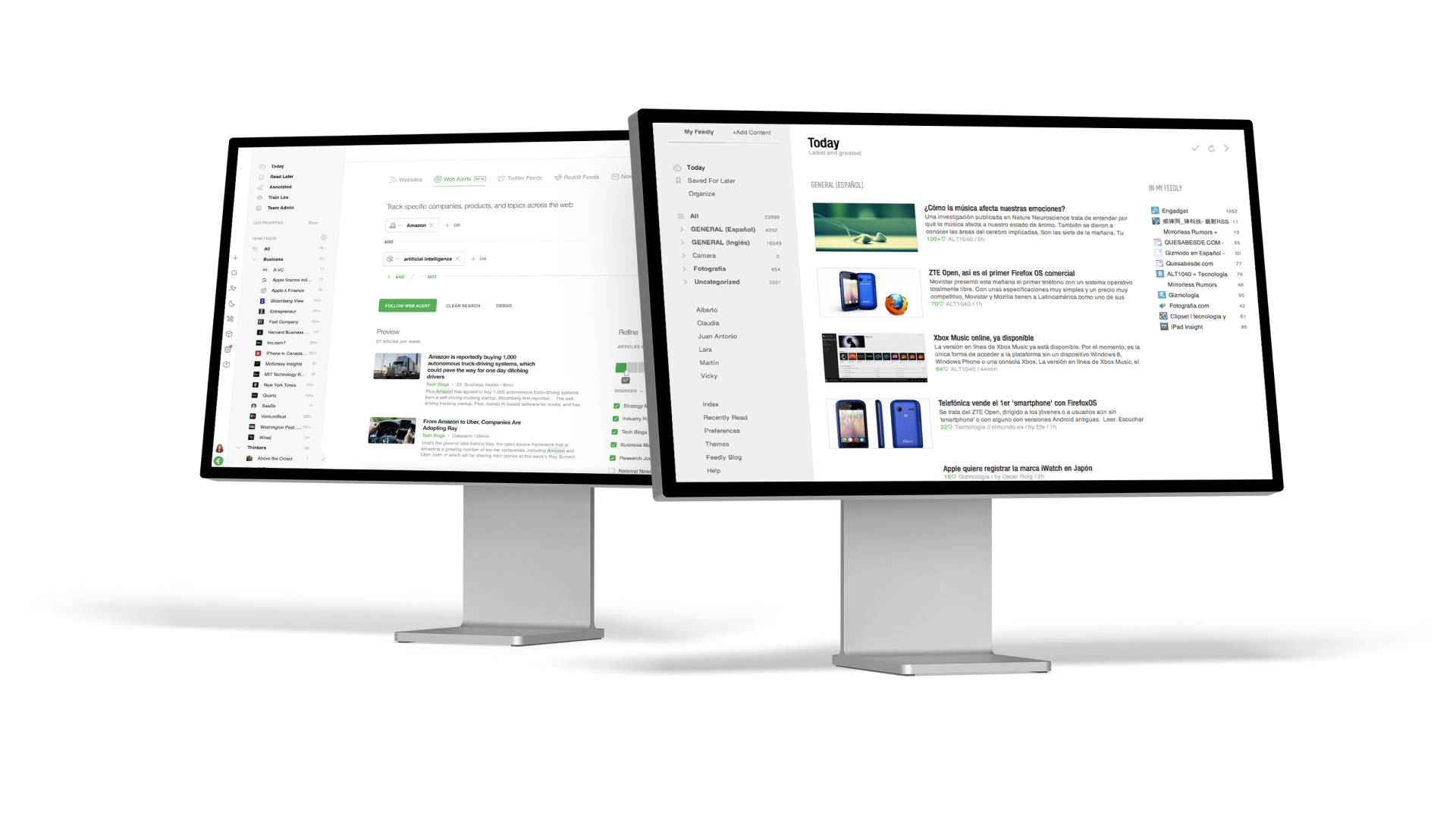Every year, more and more people are looking for convenient and fast ways to purchase goods and obtain content online. One of them is aggregator sites. They collect and display data from various sources in one place: products, services, news, reviews and other information, which saves users a lot of time.
For businesses, aggregators are no less valuable. Generating huge volumes of traffic, they provide companies with an effective channel to market products, find customers, and improve their online reputation. In this article we will tell you how to launch and monetize your own aggregator website. In fact, this will be an instruction of seven simple steps that anyone can follow.

One of the main and most difficult stages in launching an aggregator is choosing what will be published on it. Of course, you can post everything on your website at once: from vacancies and reviews to selling goods and services. But in this case, the target audience will be too vague, and you will need serious investments to promote the platform. Plus, with this approach, competition will increase significantly. It would be much more correct to choose a specific niche. Here are several popular options on the market:

The way aggregator sites work is often the same: they collect content, publish it on their platform, and generate traffic. The only difference is how they make money:

Technically, the aggregator is more complex and larger than a regular website or online store, since sellers, buyers, platform managers meet on such a resource, and there is a lot of content and it is updated regularly.Therefore, choosing the optimal technology stack for developing such a project is very important. Of course, you can create an aggregator using Python, PHP on the backend and HTML, CSS and JS on the client side. But in this case, you may encounter certain performance problems.
Therefore, a better solution would be to choose frameworks: Django, Flask, Yii2, Laravel for the server side and React, Vue for the client side. They will allow you to implement unique tools and modules for the project, while ensuring high data processing speed even under high network loads.In addition, when choosing a microservice architecture, it would be quite advisable to use the Java language.
Before starting the technical implementation of the project, the team needs to think through the multi-level architecture of the aggregator, functionality and UX. To do this, at the design stage, a resource prototype is created, which consists of four main components:
The aggregator should be convenient, visually attractive and recognizable. To achieve the optimal result, the project design is developed from scratch, taking into account the needs of the target audience and UI rules.
Frontend is the client side of the aggregator, which is responsible for user interaction through interactive elements and correct display of the resource in the browser. Its implementation includes creating animations, visual effects, event handlers, and other components.The backend part of the project is hosted on a server, and its main tasks are secure storage and processing of data, management of financial transactions, functionality and interaction with external resources.
After development is completed, the aggregator functionality is thoroughly tested and debugged to eliminate most technical problems after release.When the release of the aggregator site has taken place and it has begun to generate the first traffic, it is very important not to stop development and focus efforts on the further development of the platform. This will maintain the constant interest of visitors in the project and ensure its profitability in the long term.
In the context of a rapidly increasing amount of data, aggregator sites have become a real online trend in recent years. On the one hand, they help users quickly find the goods, services or content they need, and on the other, they provide businesses with targeted traffic and an additional platform for promoting products. In fact, this business model is a win-win for all parties, so investing in it is likely to pay off.
To launch a successful aggregator website, you will need a professional development team that can design, implement and bring to market an effective and technically competent solution. AVADA MEDIA specialists can easily handle these tasks.
Our works
Contact the experts Have a question?
Developed by AVADA-MEDIA™
The user, filling out an application on the website https://avada-media.ua/ (hereinafter referred to as the Site), agrees to the terms of this Consent for the processing of personal data (hereinafter referred to as the Consent) in accordance with the Law of Ukraine “On the collection of personal data”. Acceptance of the offer of the Consent is the sending of an application from the Site or an order from the Operator by telephone of the Site.
The user gives his consent to the processing of his personal data with the following conditions:
1. This Consent is given to the processing of personal data both without and using automation tools.
2. Consent applies to the following information: name, phone, email.
3. Consent to the processing of personal data is given in order to provide the User with an answer to the application, further conclude and fulfill obligations under the contracts, provide customer support, inform about services that, in the opinion of the Operator, may be of interest to the User, conduct surveys and market research.
4. The User grants the Operator the right to carry out the following actions (operations) with personal data: collection, recording, systematization, accumulation, storage, clarification (updating, changing), use, depersonalization, blocking, deletion and destruction, transfer to third parties, with the consent of the subject of personal data and compliance with measures to protect personal data from unauthorized access.
5. Personal data is processed by the Operator until all necessary procedures are completed. Also, processing can be stopped at the request of the User by e-mail: info@avada-media.com.ua
6. The User confirms that by giving Consent, he acts freely, by his will and in his interest.
7. This Consent is valid indefinitely until the termination of the processing of personal data for the reasons specified in clause 5 of this document.
Send CV
Contact us in any convenient way for you:
+ 38 (097) 036 29 32